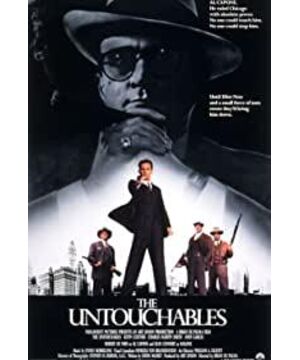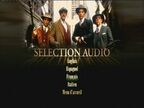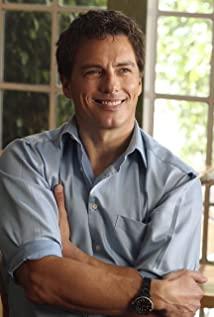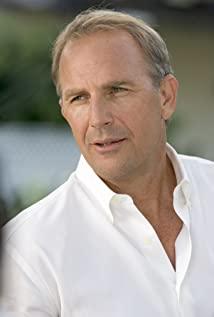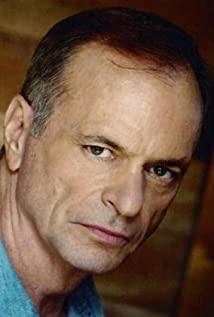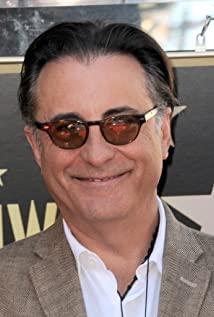It is another gangster movie that never misses justice. It tells the story of the American Prohibition Period in the 1930s. In order to arrest the leader of the alcohol trafficking group, the police sent the newly appointed federal investigators Nas, Nas and his three. The team eventually succeeded in bringing gang boss Capone to justice. In the 1930s, the United States was full of chaos, the underworld was rampant, the officials and businessmen colluded, and in order to keep the rich oil and water, the criminal groups used violence and bribery. Bribery has become a gangster's specialty, the police station is full of their informants, and it was very difficult to be a good policeman at that time. The old policeman Malone has his own beliefs, which makes him never touch the muddy waters of the gang. Encountered Nas on a late night patrol, Nas was impressed by Malone's rich experience and formed a team. This is also the only place where there is a shadow of justice in the whole film. Everything they say will make the audience think for a while under the director's arrangement. The director wants the audience to know that even in the darkest place, there will always be a ray of light that will let the audience know. Hope for the ultimate justice to come. I revisited the shooting scene of the 4 brothers in Canada. The editing method is like a montage, from the facial features of the characters, to the speeding car, to the appearance of Nas carrying a submachine gun, and then to the speeding car, switching back and forth continuously The footage further highlights Nas' bravery and determination to uphold the law. Many people say that this bridge section is to commemorate the Odessa Staircase, but the montage used in it is both panoramic and close-up, fast-paced and tense, and there is only a short clip in "The Unselfish". Excessive packaging. The old police officer put the things he believed in in Nas' drawer, hoping that Nas would stick to this belief and achieve justice. This is also Laomei's emphasis on the importance of faith. Every president of the United States would say something like "God bless"
View more about The Untouchables reviews


